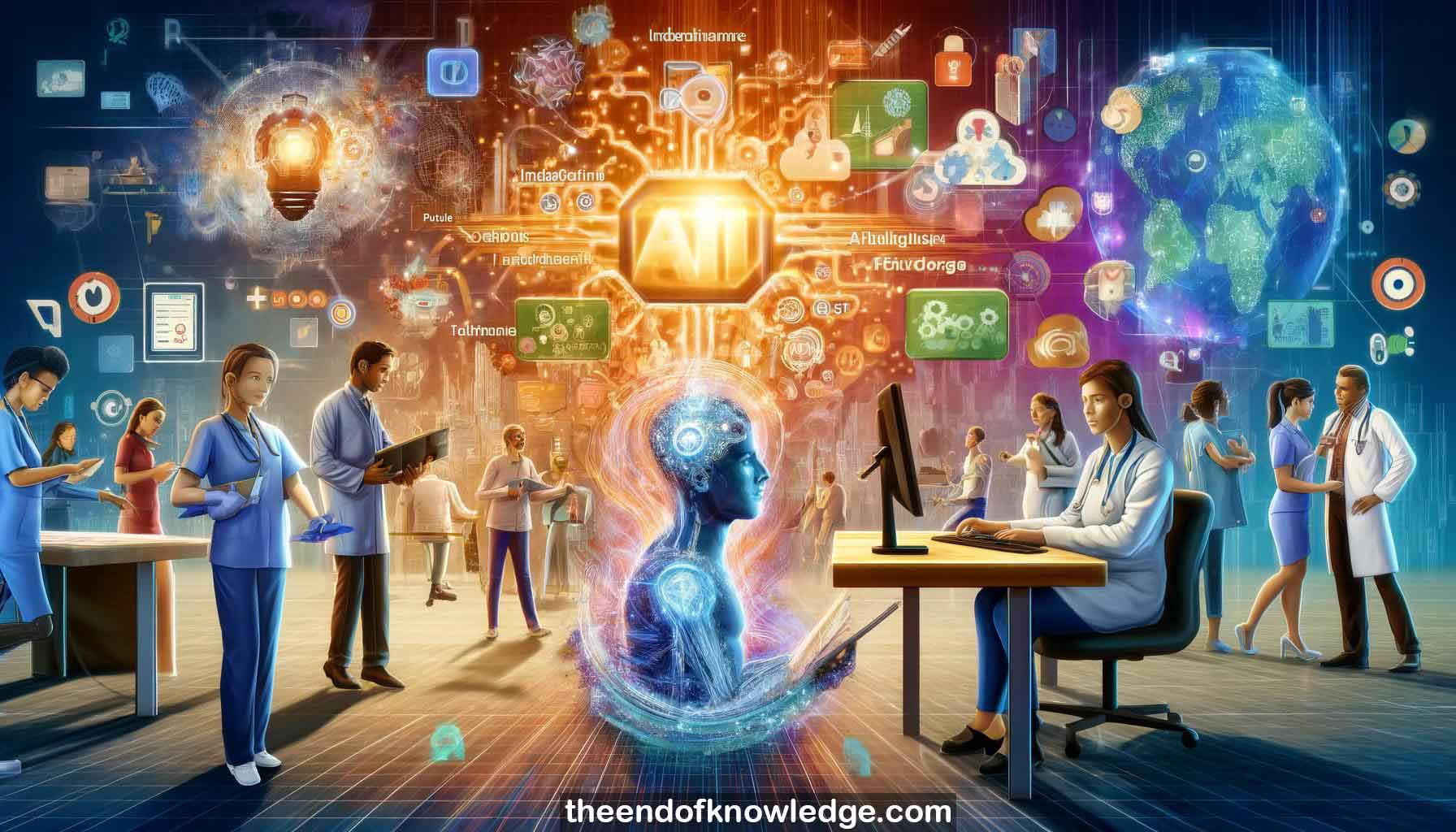 >
>
Concept Graph & Resume using Claude 3 Opus | Chat GPT4o | Llama 3:
Resume:
1.- AI is starting to increase productivity in areas like software development, education, and healthcare.
2.- Cyber security could be an early negative impact of AI that needs attention.
3.- OpenAI's GPT-4 model has very good coverage of a wide variety of languages, serving 97% of people in their primary language.
4.- It's unclear if AI progress will be linear, asymptotic, or exponential, but OpenAI aims to responsibly release the best models they can create.
5.- The next OpenAI model will be trained partly on synthetic data generated by other language models, but it's inefficient to rely on this entirely.
6.- Increased model interpretability and understanding what happens at the neuron level is a goal, but safety will require a whole package approach.
7.- Making AI systems human-compatible in how they operate and communicate is important, but their underlying capabilities are superhuman and alien.
8.- OpenAI does not impersonate real people's voices, like Scarlett Johansson's, in their voice model without permission.
9.- AI safety and capabilities work are intertwined - it's about building integrated systems that safely and capably accomplish what users want.
10.- Key safety leaders like Ilya Sutskever leaving OpenAI doesn't mean safety isn't prioritized; work is integrated across teams.
11.- AGI has been a major focus for OpenAI but they aim to shape an AI-enabled world that stays maximally human-oriented.
12.- In 3 years there may be hundreds or thousands of large language models, with a small number getting the majority of usage.
13.- The way people use the internet may change with AI, but it won't become incomprehensible or overwhelmed with spam.
14.- AI will likely do more to help the world's poorest than richest, bringing abundance and prosperity, but may require social contract changes.
15.- Over the long-term, the entire structure of society and economy may need reconfiguration as AI becomes extremely powerful.
16.- Regulations so far have focused on short-term issues like elections, not bigger questions of what happens when AI can reshape the economy.
17.- Regulatory frameworks will need to evolve empirically by putting AI systems out in the world and learning, not just theorizing in advance.
18.- Altman disagrees with critiques from former board members that OpenAI's governance and oversight has been dysfunctional.
19.- Creating AI more powerful than humans could increase humility and awe rather than egotism, as science reveals our small place in the universe.
20.- Altman envisions a possible future where AI helps everyone have a say in governance by understanding and aggregating individual preferences.
21.- Determining if there are things about human brains/minds, like subjective experience, that can't be replicated in AI is a difficult question.
22.- An important human skill in an AI-enabled future will be learning how to continually relearn things as the world rapidly changes.
23.- There are both tremendous upsides and serious risks to mitigate as AI becomes extremely powerful.
24.- OpenAI launched a new Safety and Security board committee to prepare for their next model release.
25.- The trajectory of AI improvement is likely to remain steep, so we need to proactively develop the right structures and policies.
26.- Companies, countries, and the international community need preparedness frameworks balancing both the short and long-term issues.
27.- We shouldn't neglect the long-term considerations around transformative AI, but also shouldn't assume we are near an asymptote in progress.
28.- OpenAI believes in an iterative approach, putting safe AI systems out in the world, learning empirically, and co-evolving technology and society together.
29.- The history of science has been marked by decreasing human-centricity as we discover the true scale of the universe.
30.- AI development requires simultaneously capturing the incredible benefits for the world while carefully mitigating societal risks on different time scales.
Knowledge Vault built byDavid Vivancos 2024